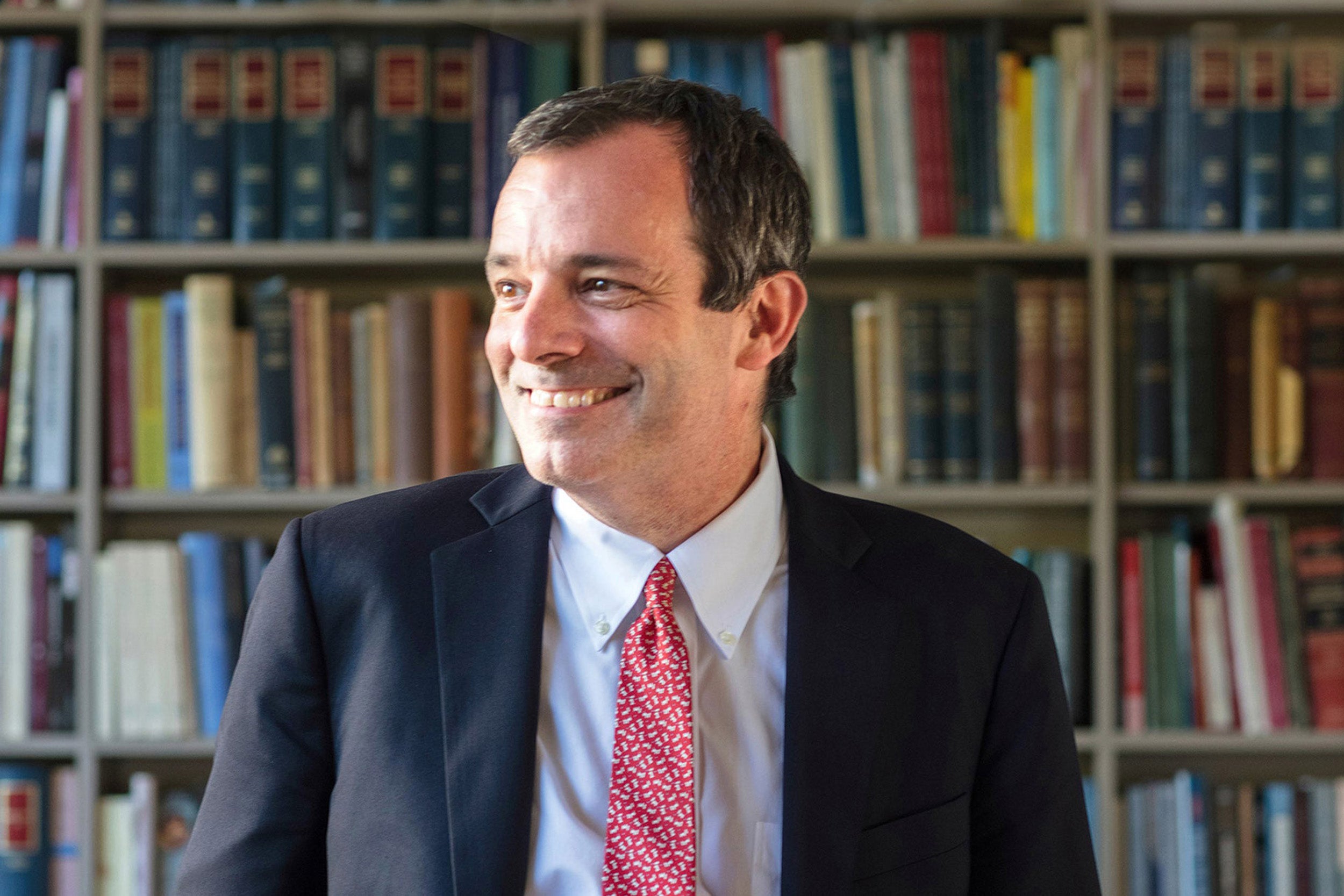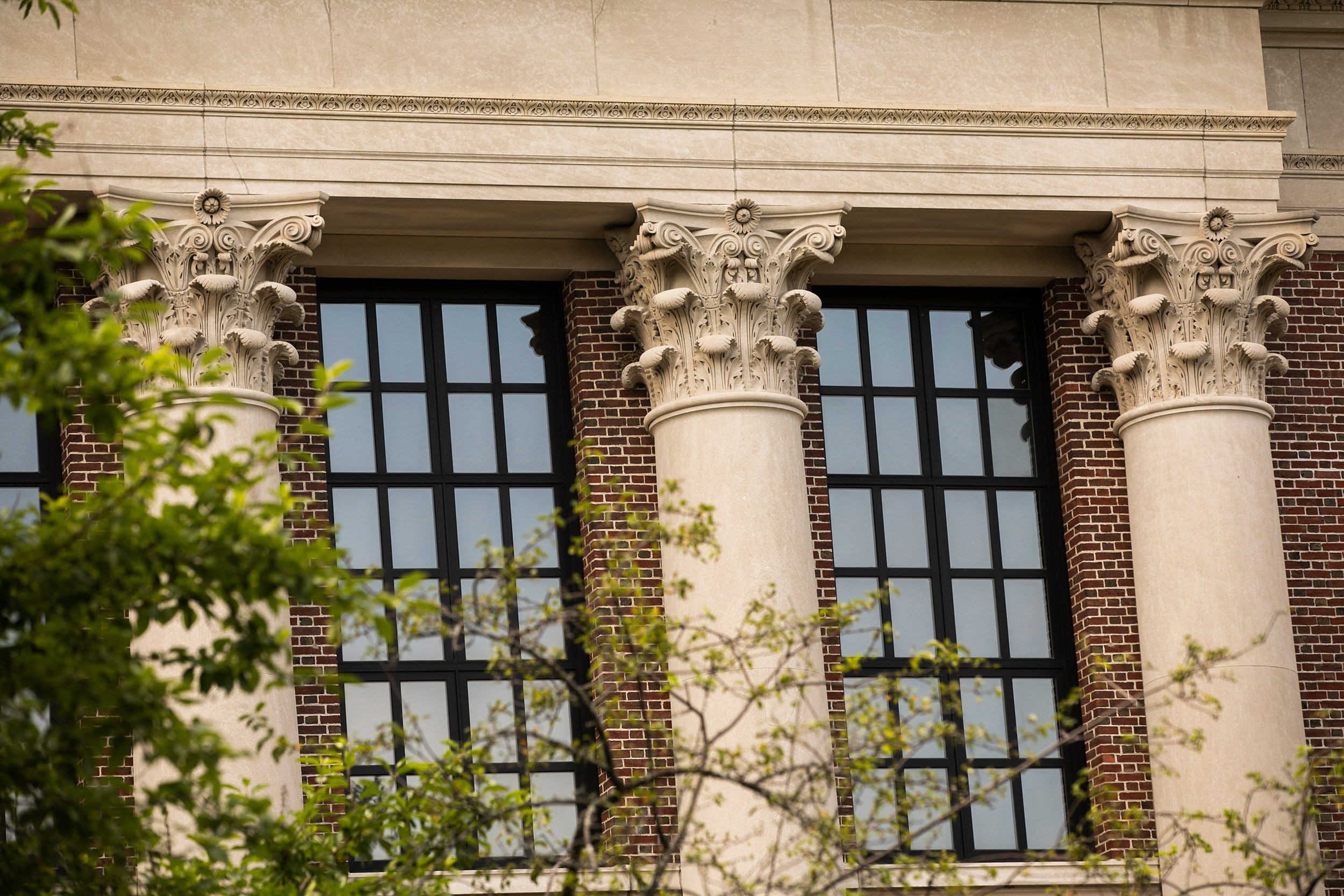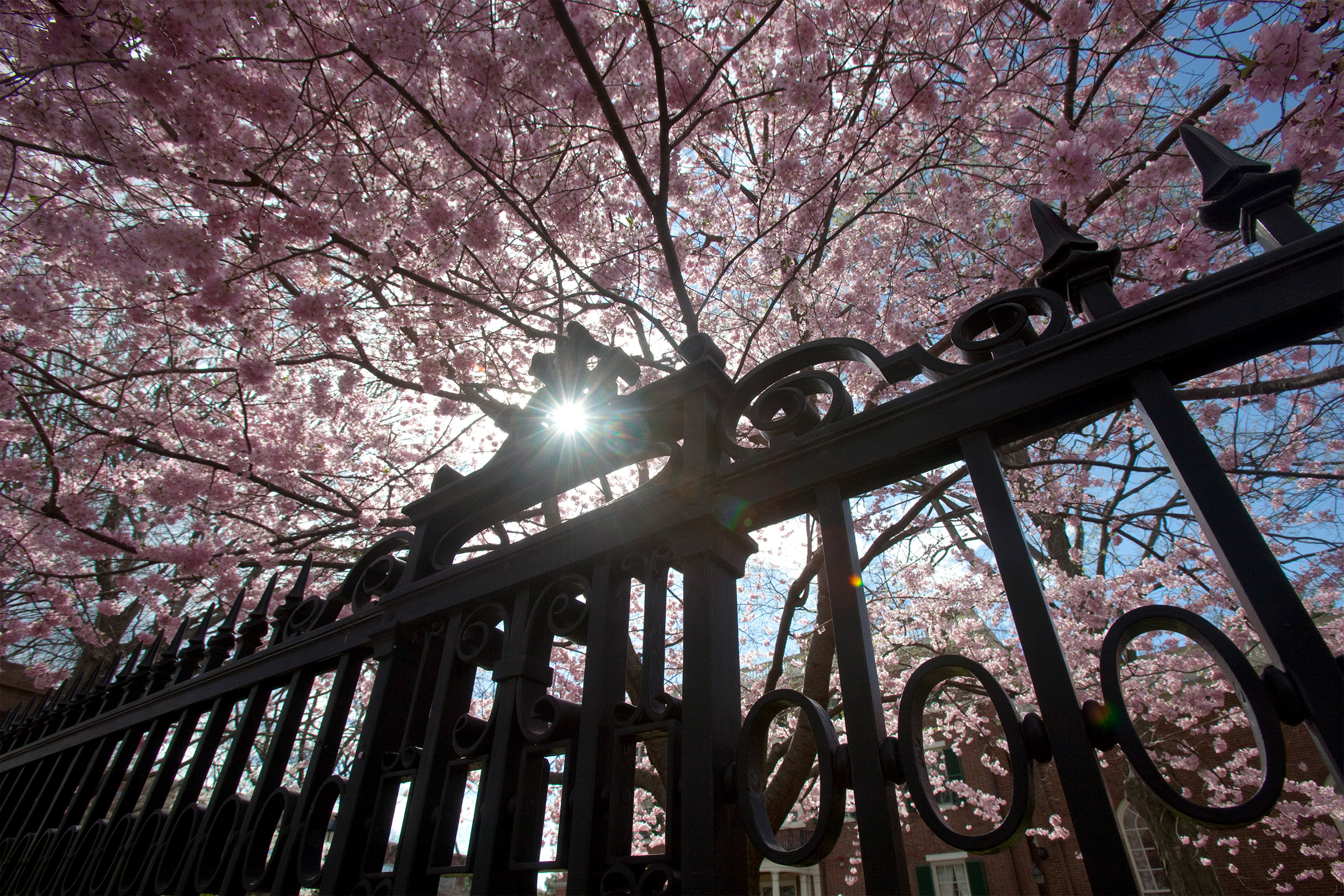Leadership and governance
Leadership
President
Alan M. Garber leads Harvard as 31st President of the University.
Office of the Provost
The Office of the Provost, led by Provost John F. Manning, manages changes in University-wide policies and practices.
School leadership
Harvard’s Schools are led by officers and deans, who are responsible for Harvard’s academic programs and curricula.
Governing boards
By charter, Harvard has two governing boards. Through their complementary efforts, the two governing bodies perform the essential roles ordinarily associated with a board of trustees. Together, the boards help to shape the University’s agenda, inquire into the quality and progress of its activities, and assure that Harvard remains true to its mission.
Harvard Corporation
The Harvard Corporation, also known as the President and Fellows of Harvard College, is the smaller of Harvard’s two governing boards. Chartered in 1650, the Corporation exercises fiduciary responsibility with regard to the University’s academic, financial, and physical resources and overall well-being. It consists of the President, the Treasurer, and other members known as Fellows.
Board of Overseers
The Board of Overseers is the larger of Harvard’s two governing boards. Established in 1642, the Board of Overseers is made up of Harvard University alumni.
The Board typically gathers five times per year and is tasked with a number of essential duties, including directing the visitation process, which is the primary means for periodic external assessment of Harvard’s Schools and departments. The goal of these assessments, conducted through the Board’s various committees, is to ensure that Harvard remains true to its charter as a place of learning. The Board also provides counsel to the University’s leadership on priorities, plans, and strategic initiatives.
New members of the board are elected each spring by Harvard degree holders (excluding officers of government or instruction at the University and members of the Corporation).






